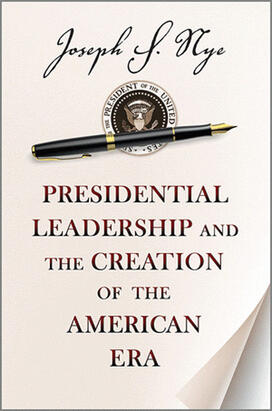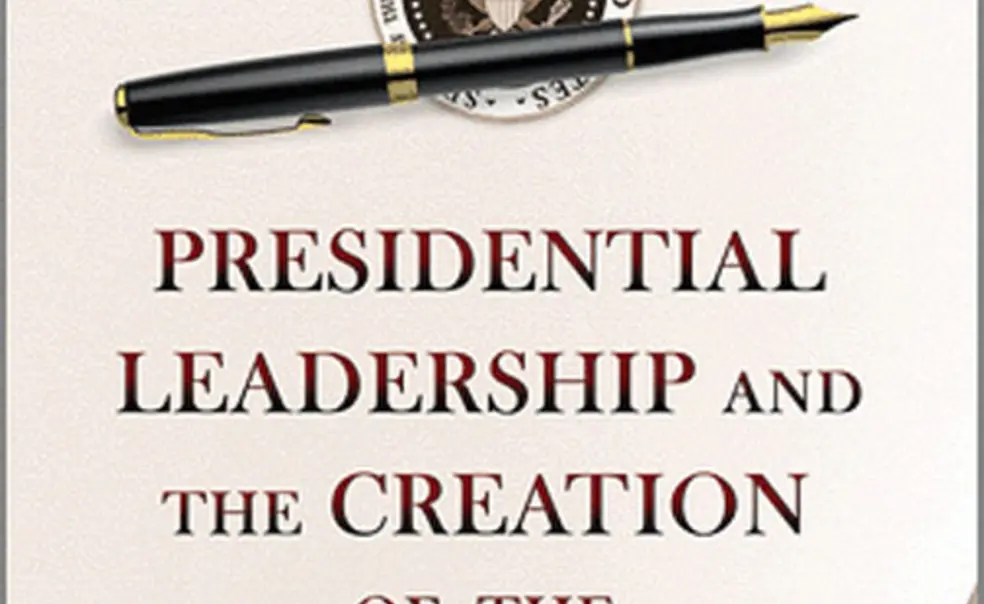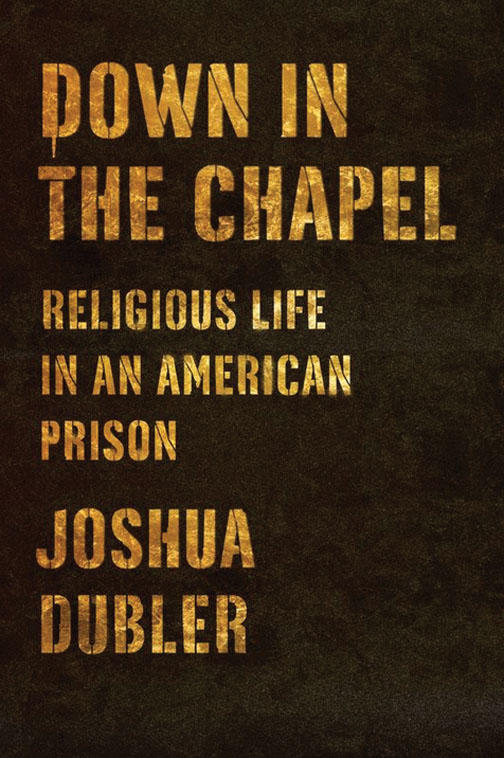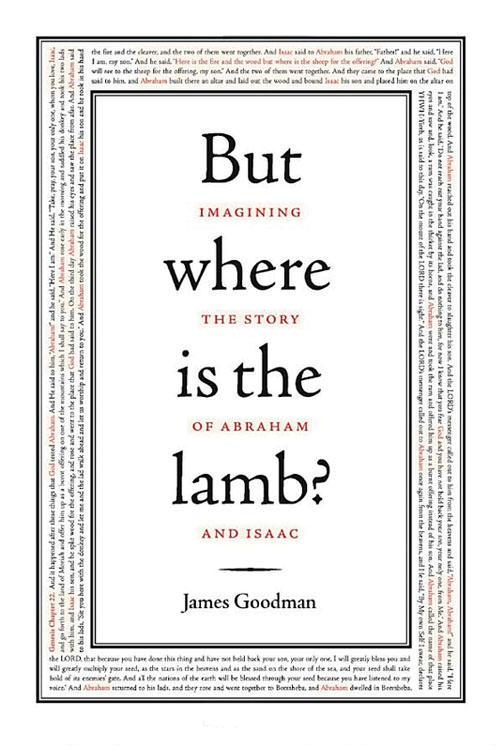New Releases

In Presidential Leadership and the Creation of the American Era (Princeton University Press), Harvard professor Joseph S. Nye Jr. ’58 examines the foreign-policy decisions of eight U.S. leaders. While “transformational” presidents such as Woodrow Wilson 1879 and Ronald Reagan “changed how Americans see the world,” he concludes, “transactional” leaders like Dwight Eisenhower and George H.W. Bush “were sometimes more effective and more ethical.”
Joshua Dubler *08 chronicles seven days in a maximum-security prison chapel near Philadelphia and his interactions with inmates, chaplains, and corrections officers in Down in the Chapel: Religious Life in an American Prison (Farrar, Straus and Giroux). The book explores how the men spend their days, build relationships, and “commune with their makers,” writes Dubler, an assistant professor of religion at the University of Rochester.
In the biblical book of Genesis, God commands Abraham to sacrifice his son, Isaac. In But Where Is the Lamb? Imagining the Story of Abraham and Isaac (Shocken Books), James Goodman *90 explores the meaning and history of that story. Goodman is a history professor and head of nonfiction writing at Rutgers University, Newark.
The award-winning feature film Hitting the Cycle, written and directed by J. Richey Nash ’91, stars Nash as Jim Ripley, an aging baseball player who returns to his hometown, confronts his difficult past, and faces his estranged, dying father. Hitting the Cycle was released on DVD by Monarch Home Entertainment.













No responses yet